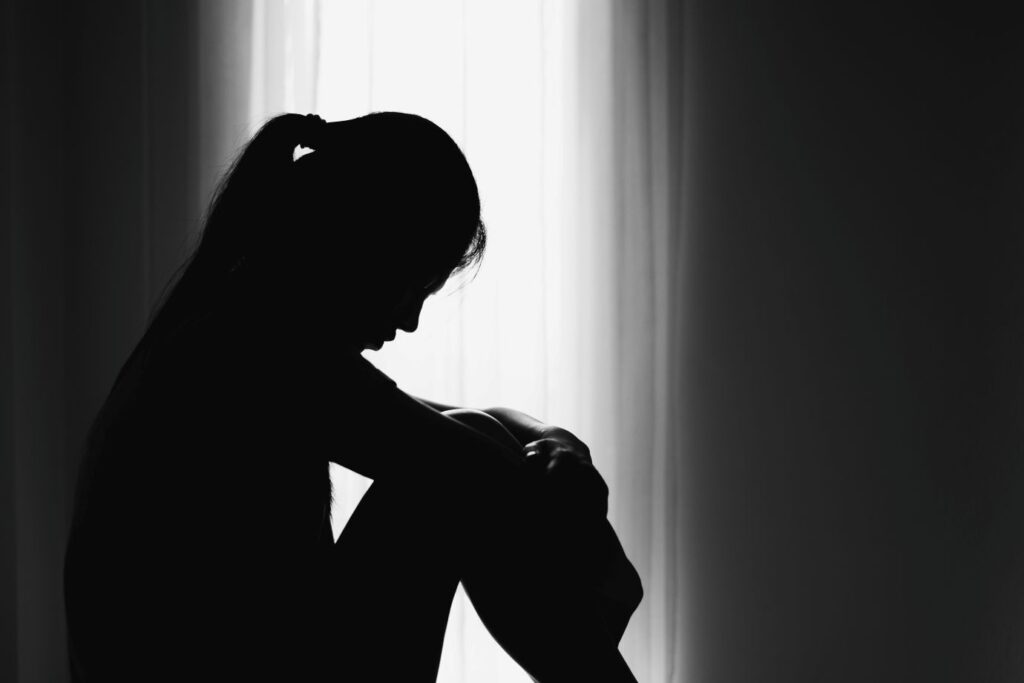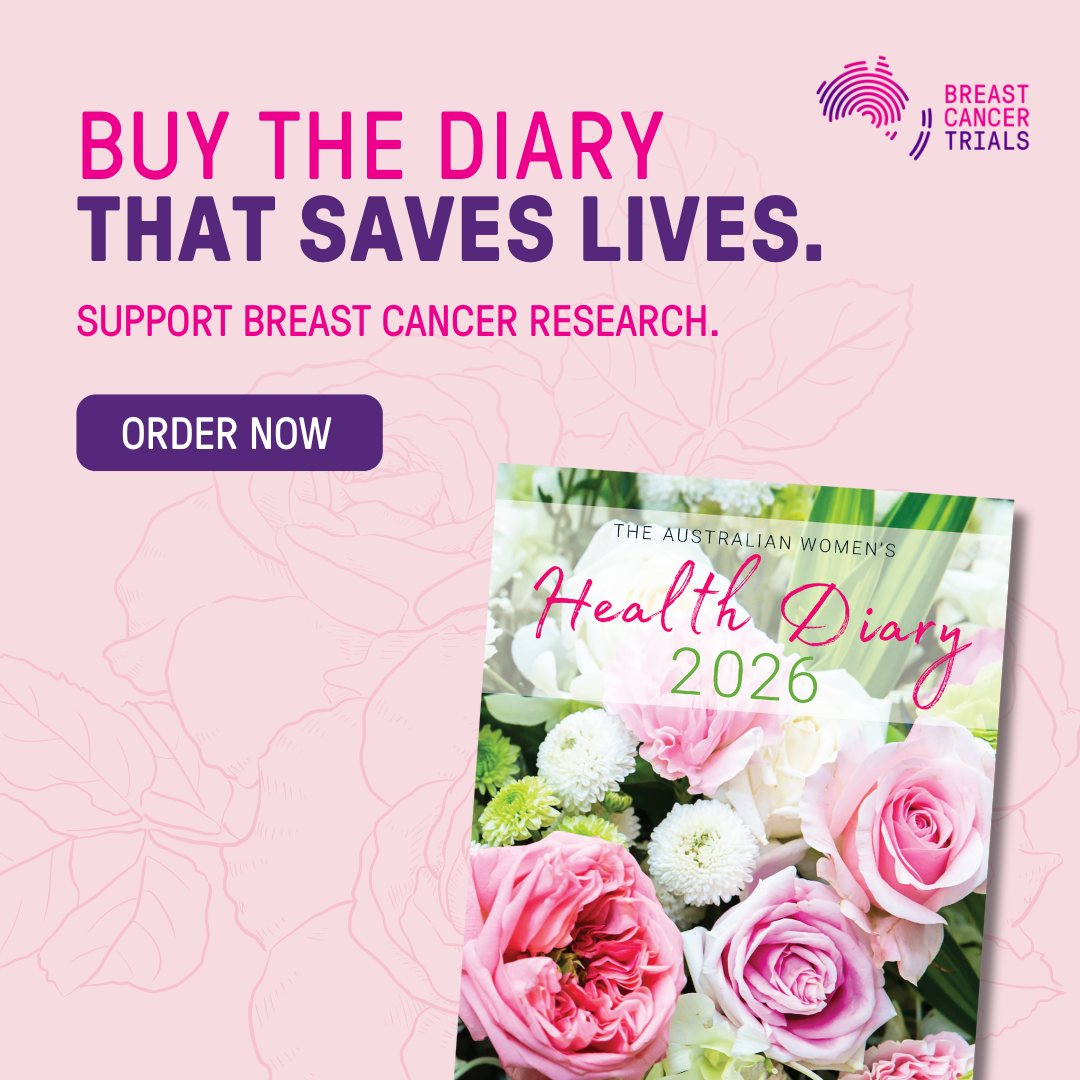In just over a week, pubs around Australia will fill with footy fans revved up to see who will come out on top between the mighty Maroons and the ever-underdog Blues at the next State of Origin.
For many, this is a fun excuse to catch up with mates and enjoy a couple of lighthearted beers.
But for some women and children, it’s a reason to prepare for the absolute worst. This is because these nights can bring a very different kind of tension – and terror.
Domestic violence services across the country report significant spikes in incidents during and after major sporting events. This is particularly the case where alcohol is involved, unsurprisingly.
Research shows that rates of domestic violence-related assaults in NSW can increase by as much as 40 percent on State of Origin nights compared to other evenings.
These nights are heartbreakingly well-known to Women & Children First, who have refuges on Sydney’s Northern Beaches and North Shore supporting local families escaping domestic violence.
“We know from experience – and the data backs it – that violent incidents surge on State of Origin nights,” says CEO Michelle Povah. “While many are celebrating, for some, the fear escalates. We see the impact in the days that follow – the calls, the hospital visits, the urgent need for shelter.”
One of the mothers supported by Women & Children First, Mia*, knows this fear all too well. After surviving years of coercive control, emotional abuse and escalating violence, Mia’s partner tried to kill her in broad daylight – all while her baby boy Archer* watched on.
Mia recounts, “He had his hands around my throat, trying to strangle me to death. I only survived because two strangers heard the commotion and ran to help.”
“It can be so easy for people to judge, but right up until that last moment, I didn’t believe I could leave. I felt trapped. I was scared all the time.”
Mia was referred to Women & Children First after the attack. With support from the team, she received trauma counselling, transitional housing, court support, and help to erase over $80,000 in debt left by her abuser.
“Without Women & Children First, I wouldn’t have left him and he would have killed me,” Mia says. “I had a baby, no job, no money, and $80K in debt. There’s no way I would’ve been able to get an apartment, let alone rebuild my life.”
Yet Mia is one of the lucky ones.
Because for every woman and child that the refuge manages to help, too many others are turned away – 574 women in 2024, to be exact. An average of ten families per week.
On the Northern Beaches, one of the country’s most affluent regions, there are only a miniscule ten crisis accommodation rooms available for mothers and children escaping domestic, family, and sexual violence.
Six of them are at the Bringa Refuge, run by Women & Children First, and the other four are in Mona Vale. That’s it.
Ten rooms.
This is for a region with a population of nearly 270,000 and a documented 1,415 victims of domestic violence last year alone – 527 of them children.
Women like Mia are not faraway case studies only mentioned in media. They are our neighbours, colleagues, school mums, and friends.
Once, it was me.
A national tragedy
This refuge is so close to my heart because I personally used its services eight years ago in a past relationship, and saw firsthand the amazing work they do with women and children who desperately needed to be in that room with me, receiving care that oftentimes is literally lifesaving.
But if you needed any more of an argument than “women and children deserve a violence-free life”, the cost of inaction is a hard one to ignore.
Speaking at her first event since her historic March4Justice speech, Brittany Higgins cited the fact that the National Plan to End Violence against Women and Children put the annual economic cost of gender based violence at $26 billion. Billion!
And this figure doesn’t even account for the hidden pain. The unspoken trauma, the millions in lost potential, the intergenerational impact of untreated harm.
Domestically violent partners often control or try to control their victims’ ability to work or earn money. Many use forceful tactics to try to sabotage their partners’ employment. Even if they don’t, surviving abuse takes exorbitant amounts of time and energy.
When I was being abused, I calculated that the time spent experiencing and surviving the trauma was equivalent to thousands of dollars in potential client retainers each month.
Sometimes I physically couldn’t meet contractual obligations, and I lost clients. Other times I turned up to business development meetings straight from an abuse episode, and emitted a broken energy that would have made any potential client run screaming.
And every time a woman is forced to choose between homelessness or staying with an abuser because there’s nowhere safe to go, the entire community also pays.
In hospital visits. In police callouts. In lost wages. In court time. In kids falling behind at school, or worse.
Yet despite this, government funding remains abysmally inadequate.
This means it’s up to you and me…
A call to arms
In the lead-up to June 30, Women & Children First is urging the community to get behind their Tax Appeal, to ensure they can continue responding to the growing demand for their services.
“In our 50-year history, we’ve never seen this level of need,” says Povah. “More mums like Mia are turning to us for help, and we must be ready.”
Because, let me be blunt: if we don’t act now, more women will die. More children will grow up thinking violence is normal. More families will be broken beyond repair.
So let’s use this financial year end as a reason to act. Because State of Origin night shouldn’t end with sirens – and tax time might just save a life.
* Names changed to protect victim-survivors.
If you or someone you know is experiencing, or at risk of experiencing, domestic, family or sexual violence, call 1800RESPECT on 1800 737 732, text 0458 737 732 or visit 1800RESPECT.org.au for online chat and video call services.
If you are concerned about your behaviour or use of violence, you can contact the Men’s Referral Service on 1300 766 491 or visit http://www.ntv.org.au.


